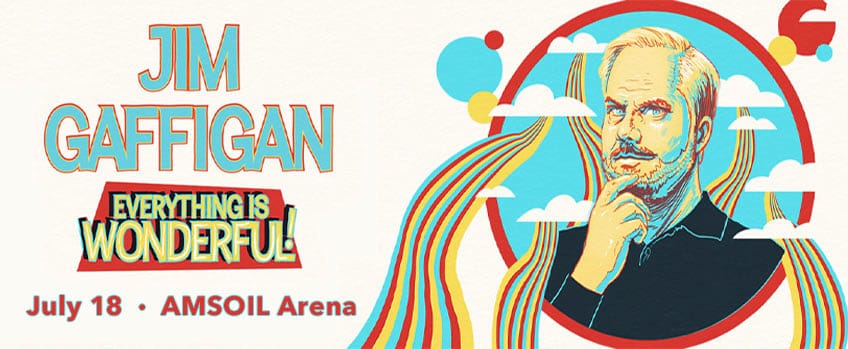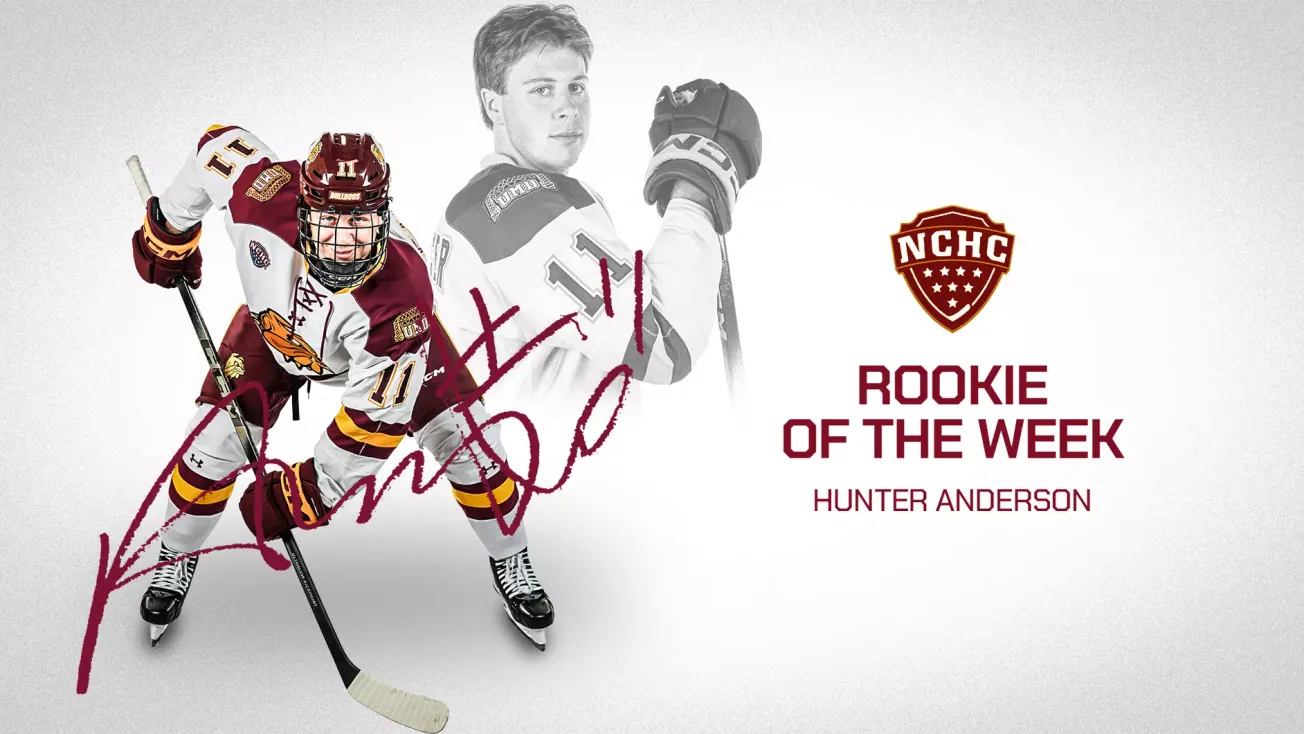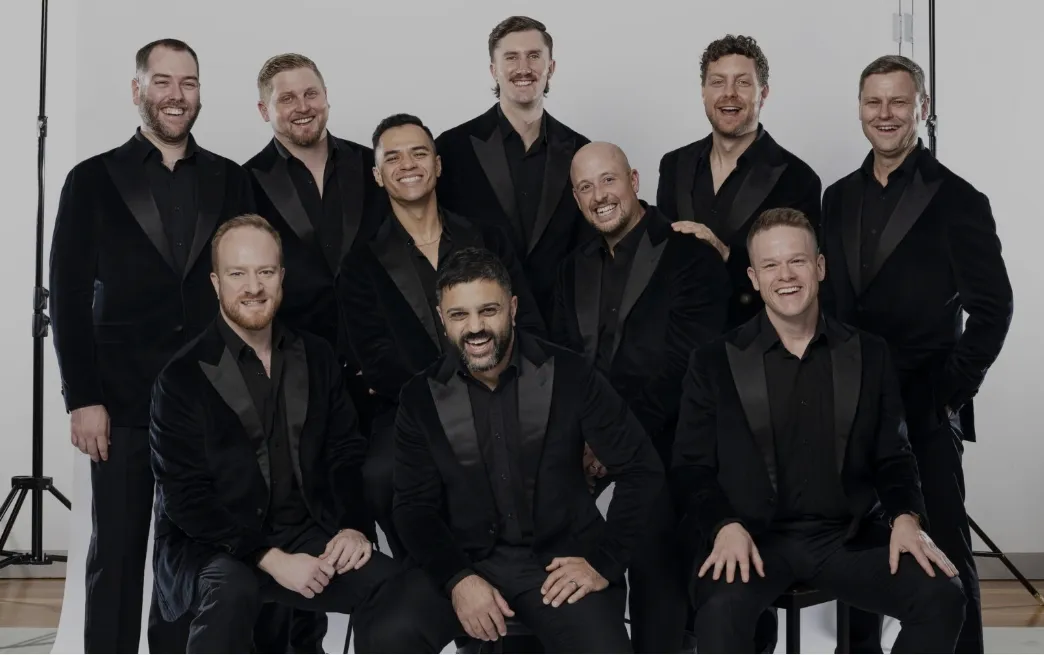By HOWIE HANSON
Editor & Publisher
DULUTH — Sometimes I still catch myself shaking my head, marveling at how lucky we were in Duluth. For a brief, electric stretch in the 1990s, our city became an unlikely crossroads for some of baseball’s biggest names — all passing through historic Wade Stadium, chasing one more chance.
I was there for all of it, covering the Duluth-Superior Dukes while also pulling double duty as a volunteer coach. They gave me my own locker in that cramped, dim clubhouse. It smelled like sweat, liniment and rosin — heaven for a baseball lifer. I’d throw bucket after bucket of batting practice fastballs, hit countless fungos, and soak up every second.
The Dukes’ coaching staff alone was worth the price of admission. George Mitterwald, who once caught for the Twins and Cubs, ran the show with a steady hand. Mike Cuellar, the old Orioles ace and 1969 AL Cy Young winner, still spun stories — half in English, half in animated hand gestures — about baffling big-league hitters with his screwball. Jackie Hernandez, the smooth shortstop who helped the Pirates win it all in 1971, became my dugout confidant. We spoke the same shorthand of double plays and pivot footwork.

But the real magic of the independent Northern League was who showed up in the other dugout.
One unforgettable homestand, the St. Paul Saints rolled into town with Jack Morris and Darryl Strawberry in tow. Morris, a stallion of a right-hander from St. Paul, had already won 254 big-league games, earned five All-Star nods, and delivered that 10-inning shutout in Game 7 of the 1991 World Series for the Twins. Even pushing his mid-40s, his heavy fastball darted with late bite. That night, he carved up our lineup with veteran ease.
Meanwhile, Strawberry stood in right field, trying to claw back to the Yankees. A four-time World Series champ, eight-time All-Star and one-time Rookie of the Year, Straw was still magnetic — all long limbs and easy power.

Before the game, he looked at my mop of curly hair under a Dukes cap and cracked, “You’re kind of old to still be playing ball.”
“Nah, I’m just a volunteer fungo guy with a decent small-college and summer ball past. The guys on the team call me The Natural because I can still pick it clean and have a gun.”
He grinned. “I get it. Run interference for me in right — keep those New York scribes off my back.”

That night, Strawberry put on a show that Wade fans still talk about. He crushed three home runs, including a grand slam in the 11th that soared high over the right-field lights and vanished into the Duluth darkness. Earlier, he’d hit another shot to dead center that cleared the 50-foot net and bounced near the Little League fence beyond. I’ve seen Frank Howard’s towering blasts, watched Harmon Killebrew launch moonshots at the old Met — but nothing compared to Straw’s drives that night.
Weeks later, Strawberry was back with the Yankees, homering in the playoffs and helping them win the 1996 World Series. Morris finished his year with the Saints, turned down a Yankees comeback, and quietly retired.

Duluth was spoiled in those days. Pedro Guerrero also came through — the former Dodgers All-Star and ’81 World Series hero. I once played ping-pong with him on a table behind home plate before gates opened. J.D. Drew, still a holdout prospect, showcased his sweet lefty swing and major-league throwing arm here before signing his monster rookie deal. Even Joe Niekro, older brother of Hall of Famer Phil, twirled his fluttering knuckleball on our battered mound.
It was pure, unpredictable magic. Independent baseball was a place where legends crossed paths with kids fresh out of college, all chasing the same dream under the same faded green grandstand. And somehow, I was right there in uniform, fungo bat in hand, living it.

Looking back, I’ll always believe Duluth was the luckiest little baseball town in America.





